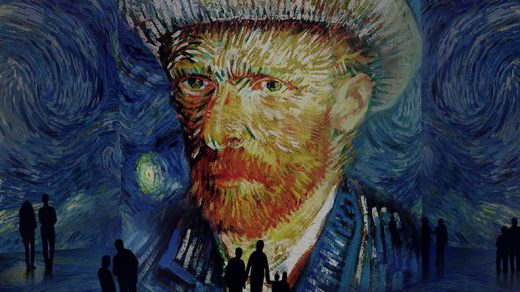To be perfectly honest, Instagram sometimes feels like this post.
Social media can leave one with a sense of lacking, falling behind, having less or doing less. When someone with a public account posts a pic from the bathroom in their underwear, I first want to say “slay” then feel as awkward as this post. My understanding of privacy, modesty and humility have been corrupted with all the humble celebrities and all those privacy agreements that do not give me privacy. However, from this mess of constant flex there are good things that surface: memes. This lingering feeling of uneasiness and insecurity triggered by social media is, in my opinion, best explained, expressed and coped with through memes. Memes give an edge to the whole consumerist, materialist show-off culture; sometimes criticising it deeply, sometimes accommodating it. The pill is yours to choose…
Memes are the influencers of thought and behaviour while photos are the influencers of aesthetics and lifestyle. We can cope easier with bad news, feelings, doubts and insecurities if we verbalise them (e.g. therapy). We feel even better when something we agree has received thousands of likes. Social media gives an entirely new scale of comparison to the thoughts and feelings we have. For instance, instead of hundreds of people going to a funeral, millions of people can mourn someone’s death below their profile. Thousands of people validating a stupid thought I had would make me feel understood but also confident and arrogant without justification. Just because some people agree with what I say does not make it true. So, while we be careful with the feeling of being understood, accepted and validated, let us not forget that ideas can evolve, change and differ.
Our attitude should be one of self-awareness and reflection as we scroll through more knowledge in a morning than a Victorian child his entire life. In the flowing river of influence, if you try to bathe without minding the current, you can lose control and get carried away. With its conspiracies, fake news, edited photos and scammers, social media can be illusory and appear as something it is not.
I know for a fact the secret of happy life is not in Instagram. Our insecurities will always be there, it is up to us to move forwards from the point of pointlessly watching Instagram stories, pitying ourselves for staying at home on Saturday night. We should not let the influence over-influence us and take the control of our lives, even Instagram reminds this implicitly.
How do we influence the influence?
We do not have voluntary control over each post we see not even in our feeds anymore, so how can we have any influence on what influences us? I know that if I do not want spoilers on the new season of Good Omens, I will have to avoid social media (especially twitter) for a good while. We put ourselves in situations where we are exposed to certain information, what I have control over is not what my friend says but who I hang out with. Same applies in social media, who you “socialise” with determines the type of posts you will see. If one only follows cooking accounts, there will be more recipes than slime videos on their feed. This limited nuanced control we have over social media makes it harder to separate the content we see from who we want to be.
Our habits and character traits are what we can actually control relatively to the knowledge and evidence we gather from outside. Social media is one of the channels from which we can do that, so we should direct it towards the path we want to follow not what it makes us follow. This is tricky because internet culture is so present between real life interactions of young adults that sometimes the wave seems bigger than the drops that make it. When someone says “That’s a red flag.” it emotionally stimulates me more than if someone said “That’s not a normal thing to do.” The former alarms me more than the latter without me voluntarily thinking a red flag is more serious than abnormal behaviour.
As all this is unconscious, what impacts us in our surroundings should be carefully chosen. This week I shared some posts from my feed because I believe it to be the best illustration of my thoughts about Instagram. I try to see art, ideas and funny things as much as possible. The best thing about these apps is that none of us need prove anything, and all of us are here for our own reasons. Let’s have fun! (responsibly, no eating tide pods)



This is something I think about more and more recently, too! I truly try to consciously change what I see on Instagram when I notice that what I see at that moment is not good for me (constantly comparing myself and my life to what I see and who I see) by clicking on the ‘not interested in this sort of content’-button but I keep on seeing similar things. What I think based on how I experience Instagram is that I influence the influence most by liking posts and not by letting Instagram know that I am not interested in what the platform shows me. Now I wonder if others expedience the ‘not interested’-button the same way as I do?